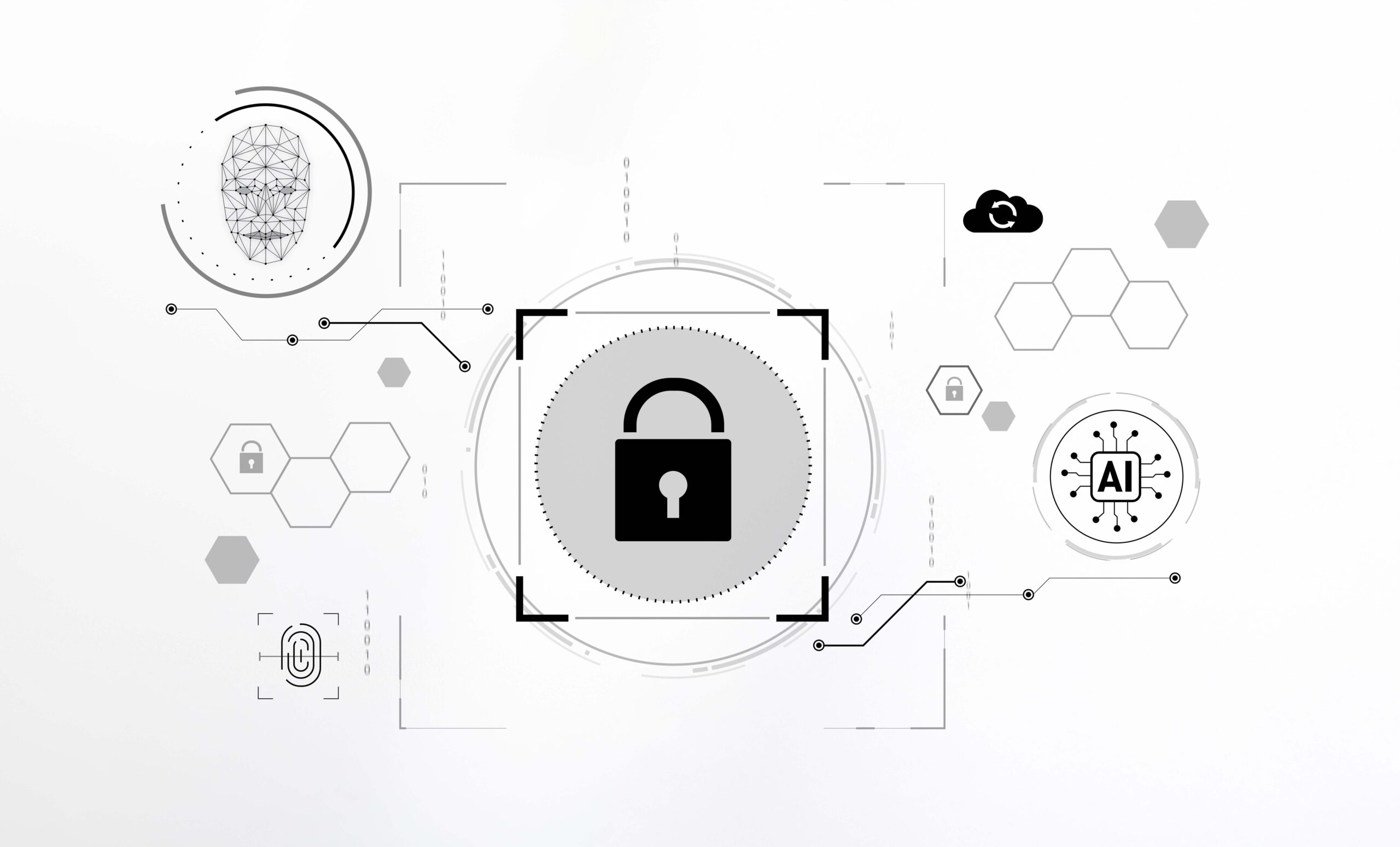How Protiviti is Preparing Businesses for the End of Encryption as We Know It
Meet the Authors
Key Takeaways
The rapid advancement in quantum computing could render existing encryption methods obsolete within five years, posing significant cybersecurity risks to organizations.
There is an urgent need for businesses, especially those with complex ERP systems, to adopt post-quantum cryptography (PQC) strategies to mitigate vulnerabilities before the NIST 2035 deadline.
Organizations must proactively prepare for quantum threats by developing crypto-agile strategies that align with their security and compliance standards, ensuring their systems remain protected and competitive.
In a recent episode of “The Post-Quantum World” podcast, host Dean Kassman sat down with IonQ SVP Dean Kassmann to discuss a sobering reality: the world’s most powerful encryption systems could become obsolete in as little as five years. The conversation revealed what Konstantinos Karagiannis, who leads Protiviti’s quantum computing services, described as potential “doom for cybersecurity,” with IonQ’s ambitious roadmap projecting 80,000 logical qubits by 2030, enough computing power to crack current encryption standards.
While it is impossible to make future projections with certainty, this timeline creates a critical five-year gap between quantum computing’s encryption-breaking capabilities and the National Institute of Standards and Technology’s 2035 deadline for organizations to transition to post-quantum cryptography (PQC). According to Karagiannis, businesses running complex enterprise systems should see this as an urgent business imperative that requires immediate action.
Quantum Computing in Context
Quantum computers are fundamentally different from classical machines because they exploit the ability of subatomic particles to exist in more than one state at the same time. This property allows them to perform certain calculations exponentially faster and with less energy than traditional systems. For businesses, the implications extend far beyond IT: quantum offers a competitive advantage in product development, faster time to market, and optimized customer delivery.
Explore related questions
At the same time, researchers warn that the same power that enables these breakthroughs also threatens to undermine existing cryptographic protections, exposing sensitive data, intellectual property, and regulated information to unprecedented risks. Industries such as financial services, government, and healthcare are especially vulnerable, as quantum computing could compromise secure communications, banking transactions, medical data privacy, and even access to confidential corporate networks.
A Bridge to the Post-Quantum Era
For organizations operating ERP systems including SAP S/4HANA environments, the challenge becomes even more complex. These systems often integrate with hundreds of third-party applications, each potentially vulnerable to quantum attacks. Protiviti has positioned itself as a leading voice in preparing enterprises for this quantum future. Their quantum computing services are not about waiting for the day quantum supremacy arrives, but about building readiness today.
As a long-standing SAP consulting partner, Protiviti works with clients to optimize digital transformation initiatives, modernize ERP systems, and ensure compliance in regulated industries. Protiviti helps organizations:
- Assess risk exposure: Identifying systems, processes, and data most vulnerable to quantum threats.
- Develop quantum-safe strategies: Guiding the adoption of post-quantum cryptography and hybrid encryption methods.
- Explore business opportunities: Beyond risk, Protiviti enables clients to explore quantum’s potential in optimization, AI, and advanced analytics.
- Build roadmaps and governance: Ensuring quantum adoption aligns with enterprise security, compliance, and business priorities.
What This Means for SAPinsiders
Future-proof data security and compliance standards. SAP systems hold mission-critical financial and operational data. If encryption becomes obsolete, unprepared organizations could face catastrophic breaches. Protiviti can guide the integration of PQC into SAP landscapes, mitigating future vulnerabilities. As well, when regulators mandate post-quantum encryption standards, SAP-dependent organizations will need to demonstrate readiness.
Avoid getting trapped in the “doom window.” For SAP leaders, the IonQ roadmap highlights an urgent cybersecurity challenge: encryption may be compromised years before post-quantum cryptography standards are widely adopted. This looming “doom window” means enterprises cannot afford to postpone their readiness strategies, particularly for mission-critical ERP environments. Having a sound quantum computing strategy helps organizations close this gap by enabling them to evaluate cryptographic agility, pilot hybrid security models, and build adoption roadmaps tailored to SAP systems.
The quantum era is no longer theoretical. With leaders like IonQ projecting breakthroughs within five years, CIOs must weigh quantum risk as seriously as they once did cloud or AI adoption. For SAP executives, the message is clear: the systems running your business today may not be secure tomorrow. Protiviti recommends becoming “crypto-agile” as quantum threats evolve, by taking steps such as forming risk assessments, drawing quantum-safe roadmaps, and making ERP-aligned strategies.






